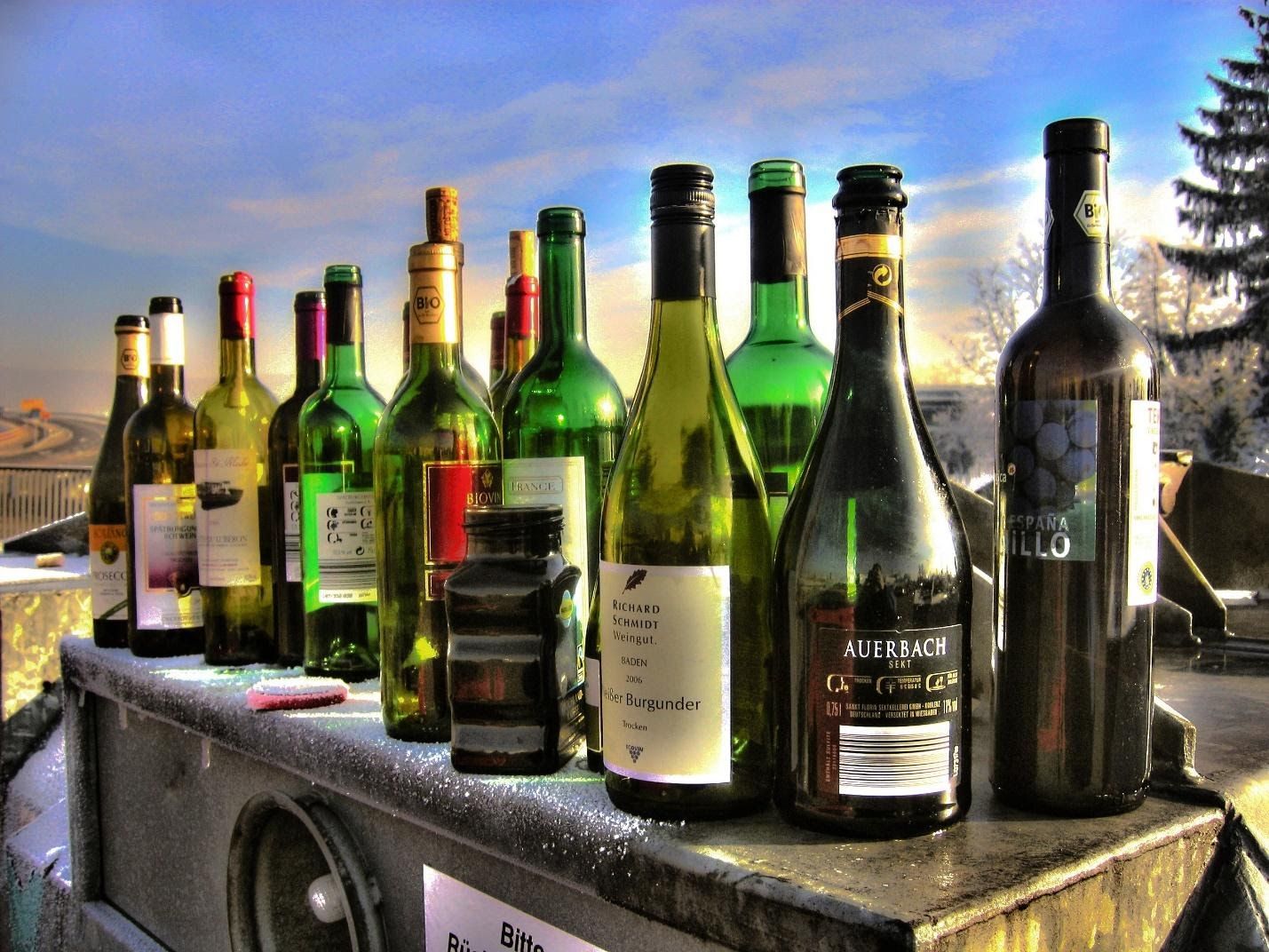A New York-based startup, BlockBar, is using non-fungible tokens (NFTs) to help connoisseurs’ to track and trade high-end liquor much desired in Asian markets.
BlockBar — in partnership with William Grant & Sons (a Scottish distiller) — issued NFTs to a four-decade-old, $18,000 Glenfiddich single malt whiskey bottle. Investors can redeem these NFTS or use them as digital receipts to sell the bottles.
William Peacock, a Singapore-based global luxury director for William Grant & Sons’, said venturing into NFTs is the company’s way of courting new buyers.
“[Our company] is always [looking] for new ways of attracting new buyers, and in Asia, a wide strategy is to focus on the opportunity from high net-worth individuals that have been driving sales in the secondary market for spirits.”
BlockBar sold 15 NFTs in four seconds
In the past two years, whiskey has been the “best investment” to venture into, according to Peacock. Last month, for instance, BlockBar sold 15 NFTs in a record four seconds on its website, for the super rare 46-year-old Glenfiddich whisky.
Last year so, Sotheby’s sold wine and spirits in auction sales totaling $92 million. Nearly 19% of the sales at the auction came from high-end spirits such as single malt whisky made by Scottish or Japanese distillers.
The average bottle price for Wine sold at last year’s auction was $686, compared to the average bottle price for spirits was $7,058.
According to a wine market report prepared by Sotheby’s, 80% of the spirits auction sales conducted by the auction house primarily came from Asian buyers. And half of those buyers are based in Hong Kong.
Collectors’ reluctant to verify the liquor’s authenticity
Samuel Falic, the co-founder of BlockBar, said opening and testing is the best way to verify the authenticity of the wine and spirits.
But many collectors are reluctant to follow the traditional way of doing things — and thus end up blocking the secondary market sale of the high-end liquor.
Falic added that testing a liquor’s authenticity can help buyers trace its origin. “Through the blockchain, there is a ledger of previous owners of a bottle. So, a prospective buyer could trace back where it comes from, all the way up to the brand owner and distiller.”
BlockBar’s partnership with William Grant & Sons’ has helped the company to monitor price dips for each NFT. Most of their sales are based on a first-come-first-served basis. And could also be a random drawing or an online auction.
NFTS are digital tokens such as Ethereum or Bitcoin based on the blockchain and they represent a unique art piece, collectibles, and other creative works — which are often non-fungible.













